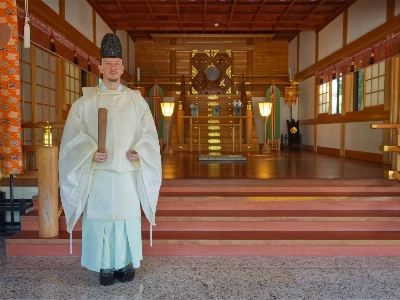MANILA -- After analyzing the transition of some 30 countries from nondemocratic to democratic systems in the late 20th century, Samuel Huntington wrote "The Third Wave." Asia had emerged as a significant player in the tide of global democratization that began with the overthrow of the military dictatorship in Portugal in 1974 and culminated in Germany's democratic revolution (and peaceful reunification) in 1989-90.
After years of authoritarian rule, India, the Philippines, South Korea, Taiwan and Pakistan embraced or returned to democratic governance. Historically, though, democracy is rarely a one-way road. As Huntington argues, "the democratization waves and the reverse waves suggest a two-steps-forward, one-step-backward pattern."
Certain developments in Asia testify that the enthusiasm for democratic reform has wavered and that the process of democratization has entered a reversal phase. Not that the region is seeing democratic regimes fall back into dictatorships. In Indonesia and in Cambodia, encouraging steps toward democracy have taken place in recent years. The reversal I am talking about is different.


















With your current subscription plan you can comment on stories. However, before writing your first comment, please create a display name in the Profile section of your subscriber account page.